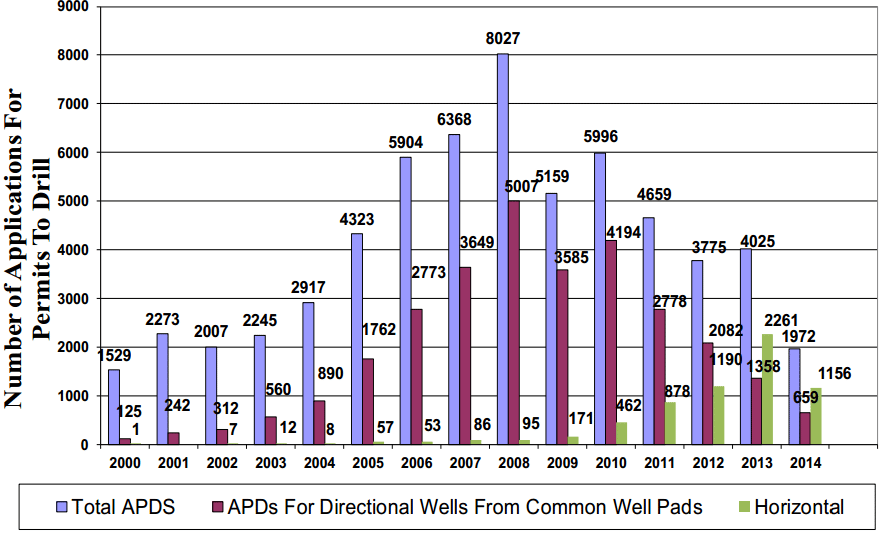A Colorado District Court has struck down a hydraulic fracturing ban in the City of Longmont citing preemption by state law.
On July 24, 2014, a Colorado District Court ruled that Article XVI of the Longmont Municipal Charter, which bans hydraulic fracturing in the city of Longmont, is invalid as preempted by the Colorado Oil and Gas Conservation Act. The ruling granted claims of Colorado Oil and Gas Association (COGA), Colorado Oil and Gas Conservation Commission (COGCC), and TOP Operating Company for declaratory judgment invalidating Longmont’s hydraulic fracturing ban due to operational conflict preemption.
In December 2011, COGCC adopted rules regarding operator disclosure and chemical reporting for hydraulic fracturing. As part of the rulemaking, COGCC authored a statement of basis and purpose explaining that most of Colorado’s hydrocarbon-bearing formations would not result in economic production levels without hydraulic fracturing. In November 2012, Longmont passed an amendment to the city charter banning hydraulic fracturing and storage and disposal of fracturing waste within city limits. Longmont maintained that the measure is valid exercise of home rule police and land use authority. It argued that COGCC does not issue fracturing permits or specify operating procedures. However, the court mentioned that Colorado has a comprehensive regulatory structure for the oil and gas industry and the purpose of COGCC is to provide oversight rather than micromanage.
For its analysis, the District court considered two important oil and gas opinions issued in June 1992 by the Colorado Supreme Court: Cty. Comm’rs of La Plata Cty v. Bowen/Edwards Assoc. Inc, and Voss v. Lundvall Bros., Inc. The opinions include that the Oil and Gas Conservation Act created a unitary source of state-level regulatory authority over the technical aspects of oil and gas development, production serves to prevent waste, and protect correlative rights of common-source owners and producers to a fair share of profits. The District Court conducted an operational conflict analysis to establish priority between potentially conflicting laws. To determine state preemption of local ordinances, the Court considered whether (1) there is a need for statewide uniformity of regulation, (2) the municipal regulation has extraterritorial impact, (3) the subject matter is traditionally governed by state or local government, and (4) the Colorado constitution specifically commits the matter to state or local regulation.

Number of Oil and Gas Well Permits For Wells Drilled Directionally & Horizontally From Common Well Pads in Colorado 7/3/14 (COGCC)
The Court found that the first three factors favored state preemption. First, existing oil and gas reserves do not conform to local governmental boundaries, so patchwork regulation can result in uneven production and waste. Second, Longmont’s ban has an extraterritorial impact; the inability to hydraulically fracture wellbore portions under Longmont’s borders causes disproportionate contributions, impairing correlative rights of mineral owners outside Longmont. Third, oil and gas activity has traditionally been governed by the statewide COGCC. The fourth factor dos not apply because the Colorado Constitution does not address whether oil and gas activity should be regulated by state or local government.
The Court Decision noted that Longmont’s fracturing ban does not harmonize with the Oil and Gas Conservation Act’s goals. The state interest and Longmont’s ban present mutually exclusive positions with no common ground to harmonize state and local interests.
Originally published by EnerKnol.
Founded in 2011, EnerKnol provides U.S. energy policy research and data services to support investment decisions across all sectors of the energy industry. Headquartered in New York City, EnerKnol is proud to be a NYC ACRE company.

